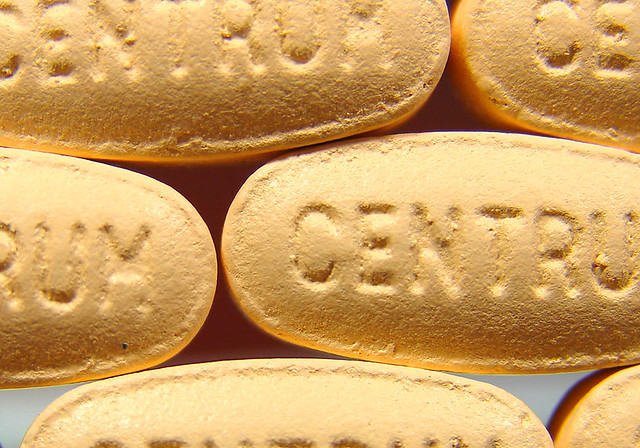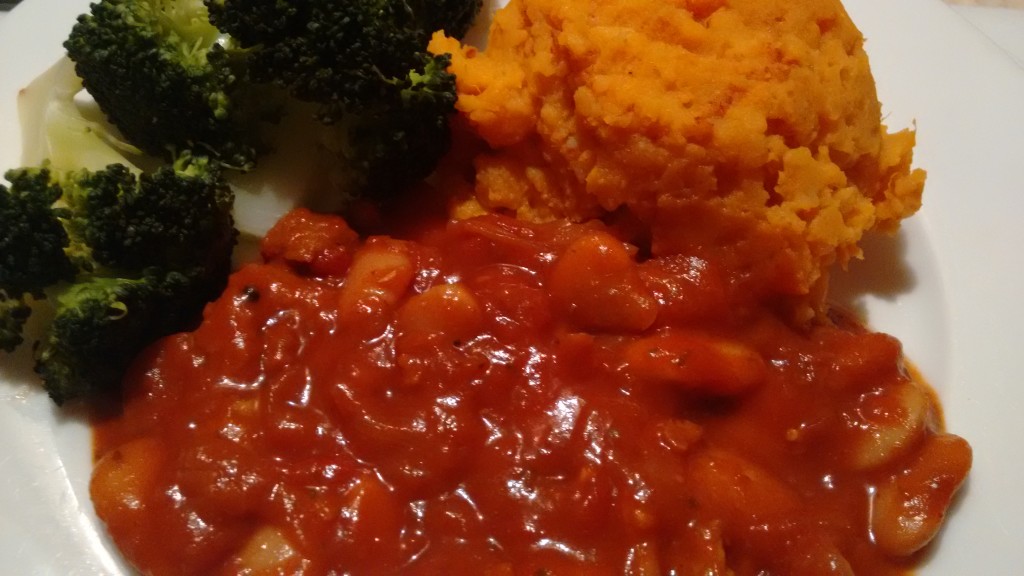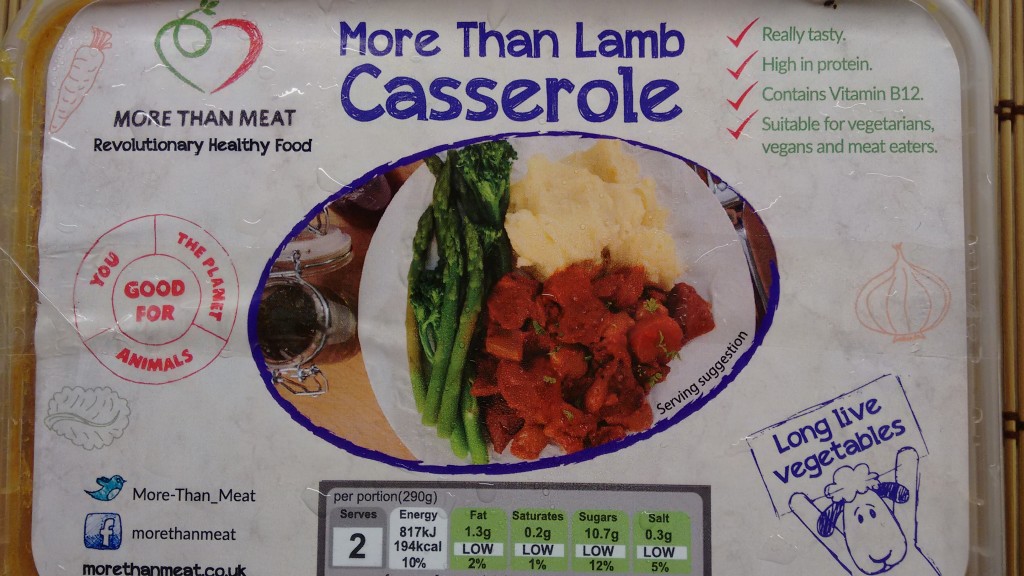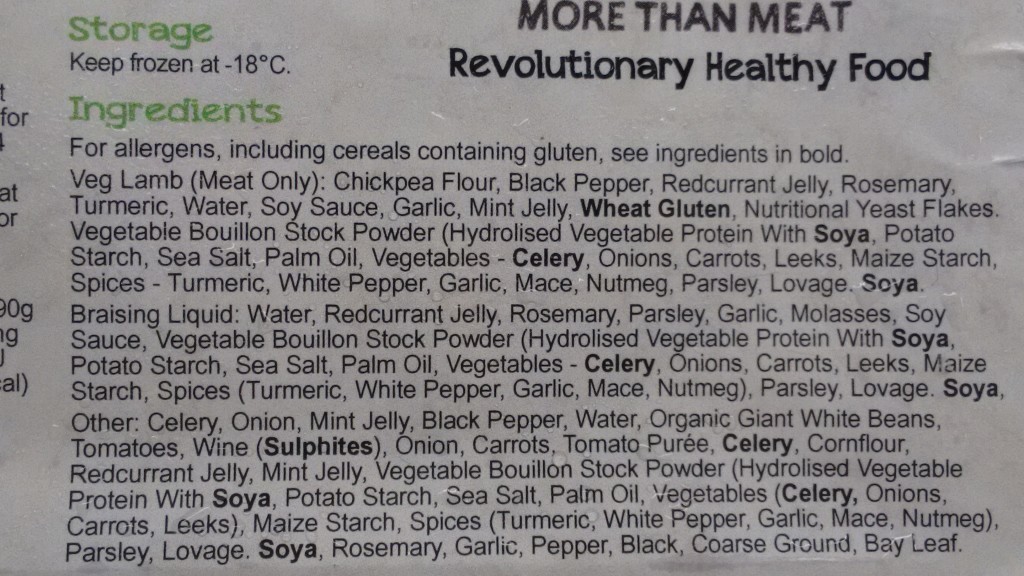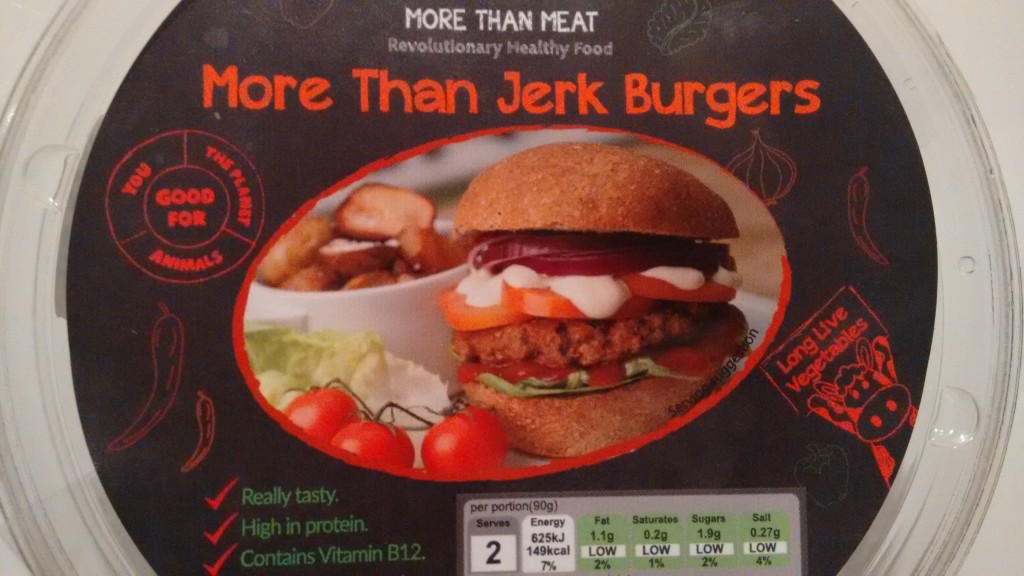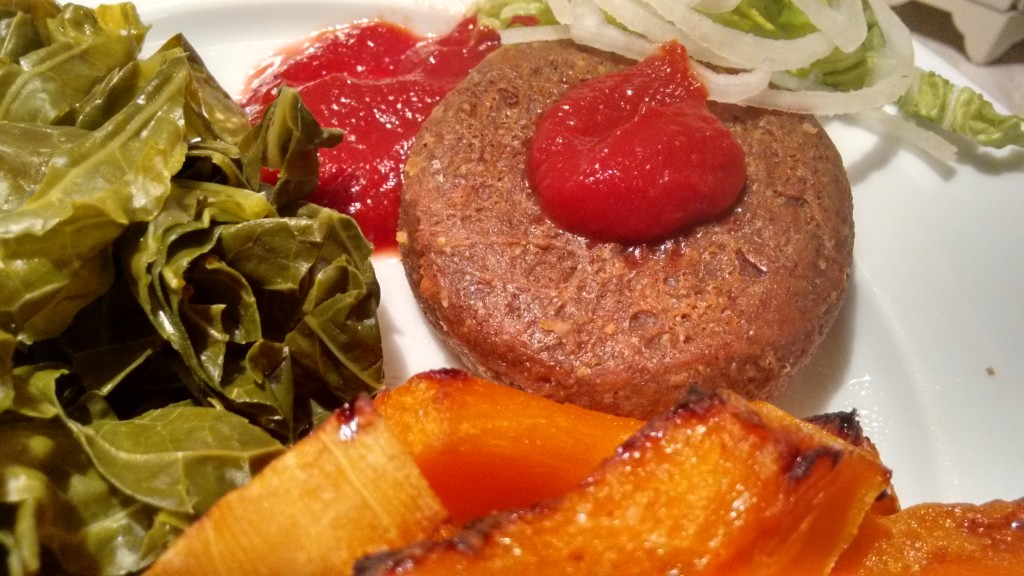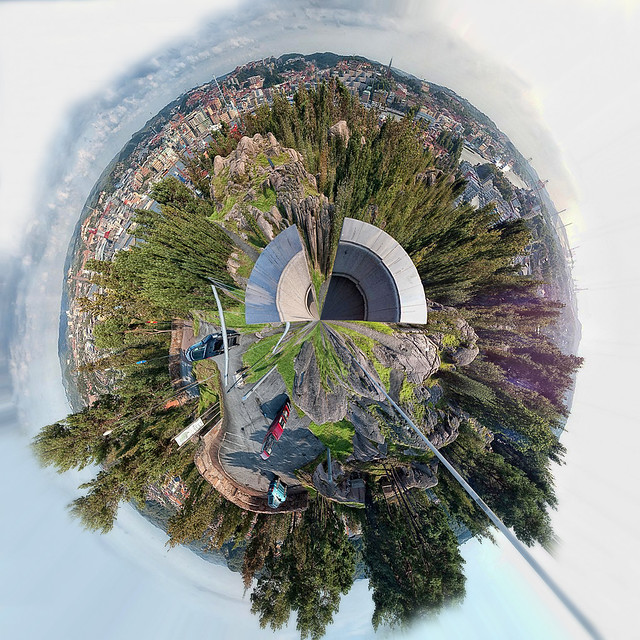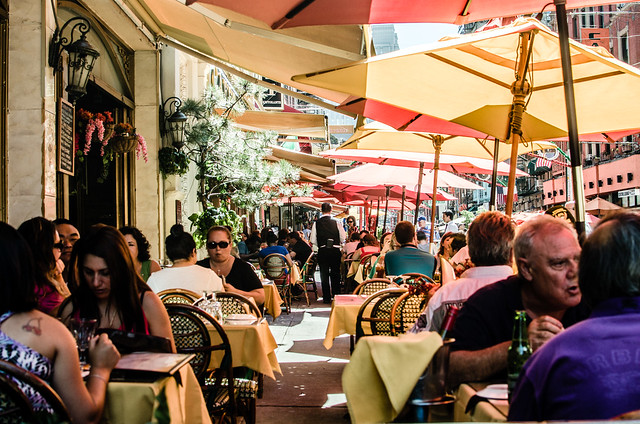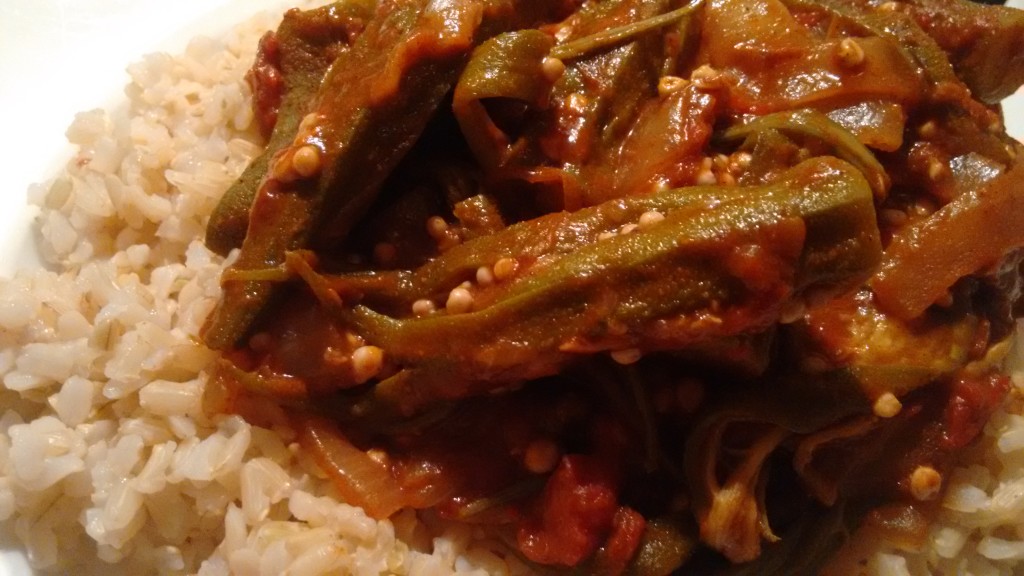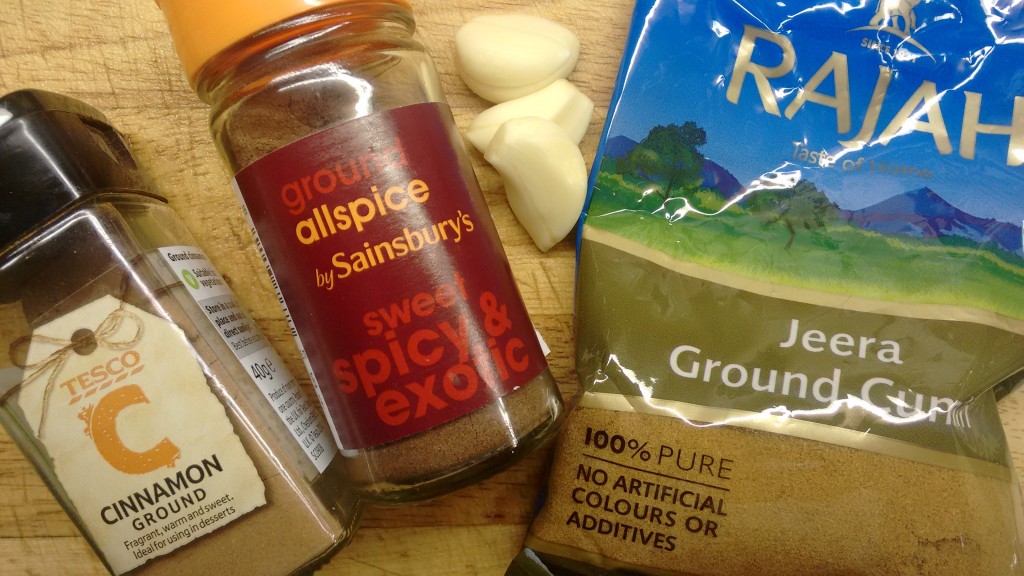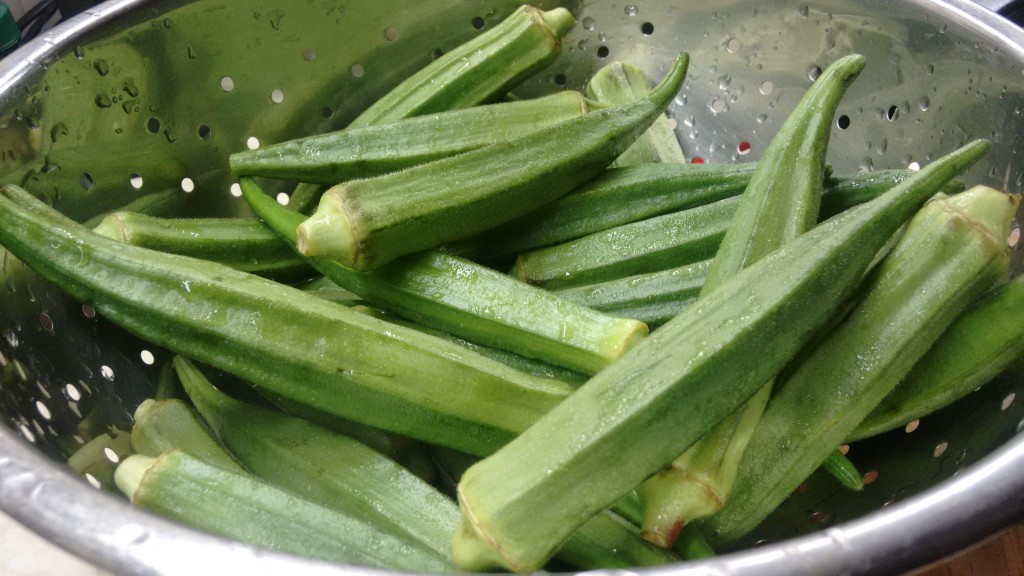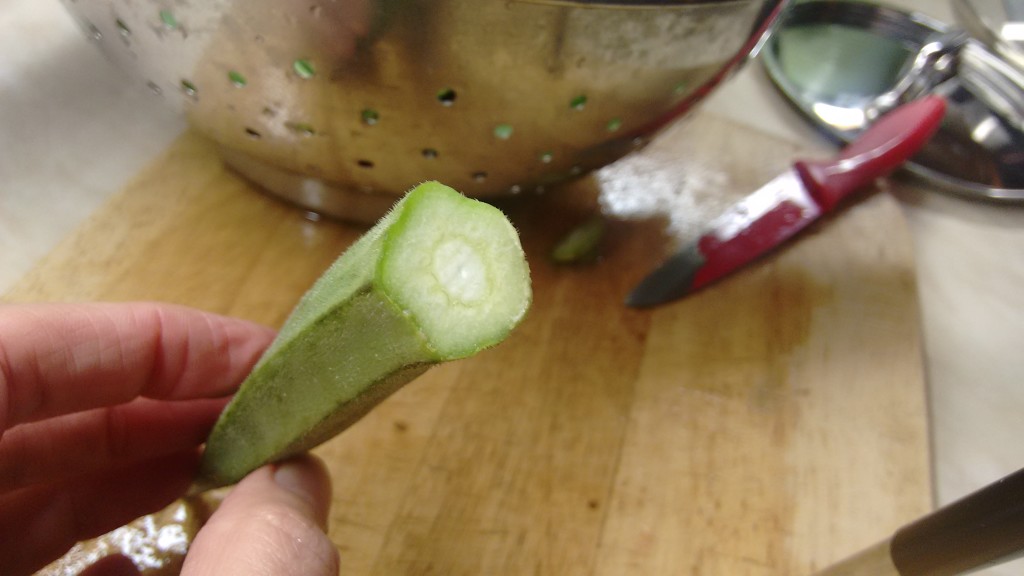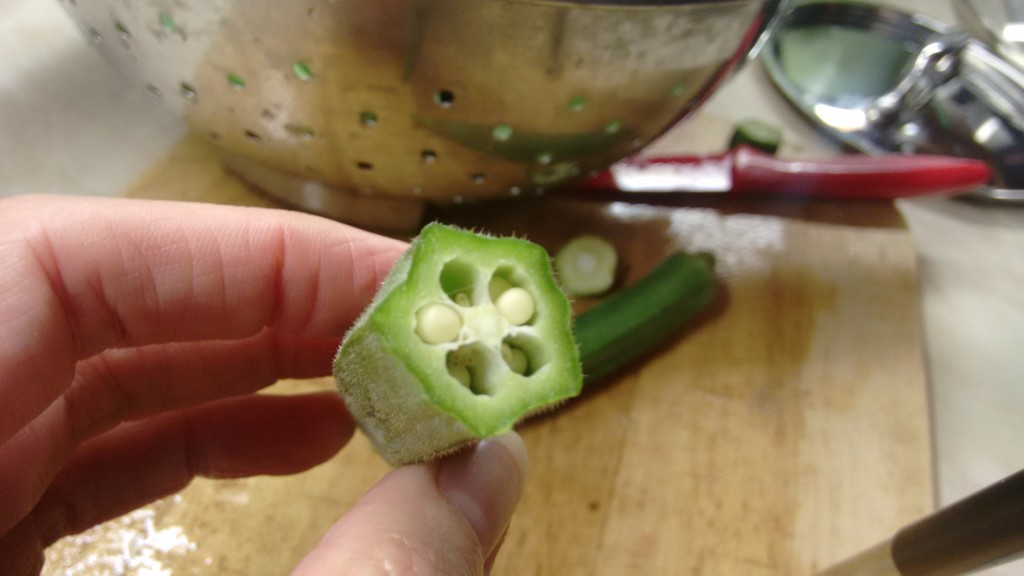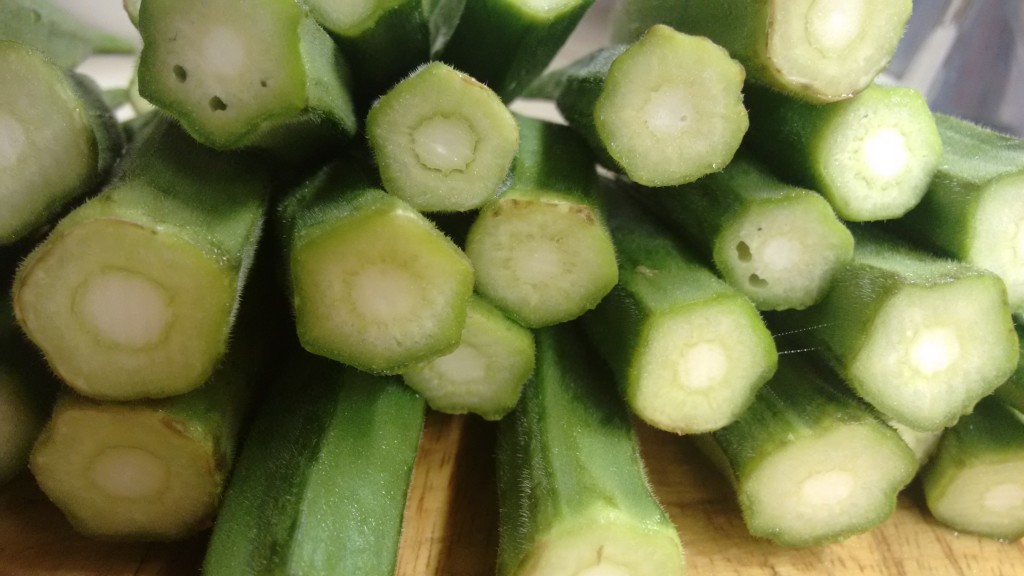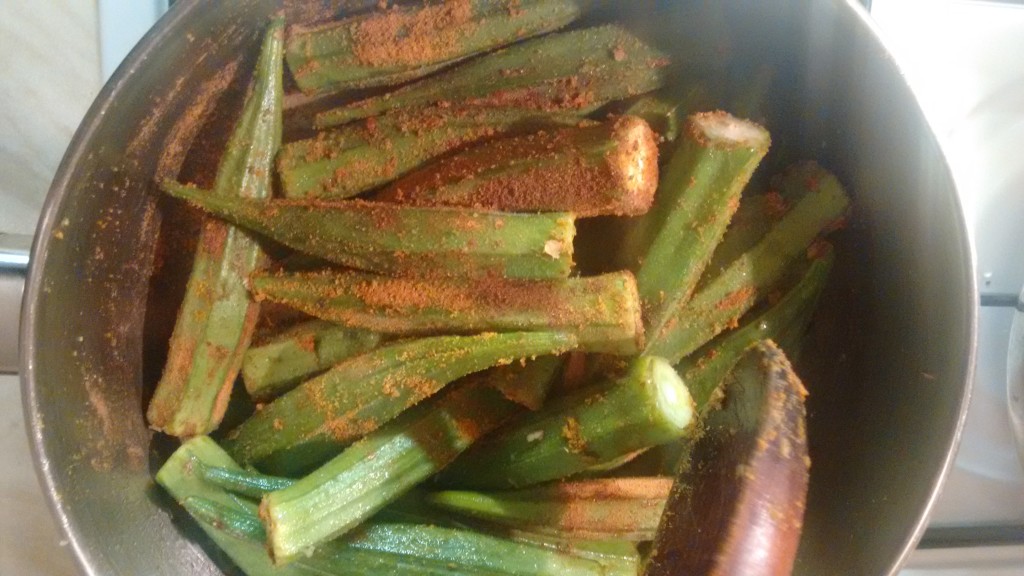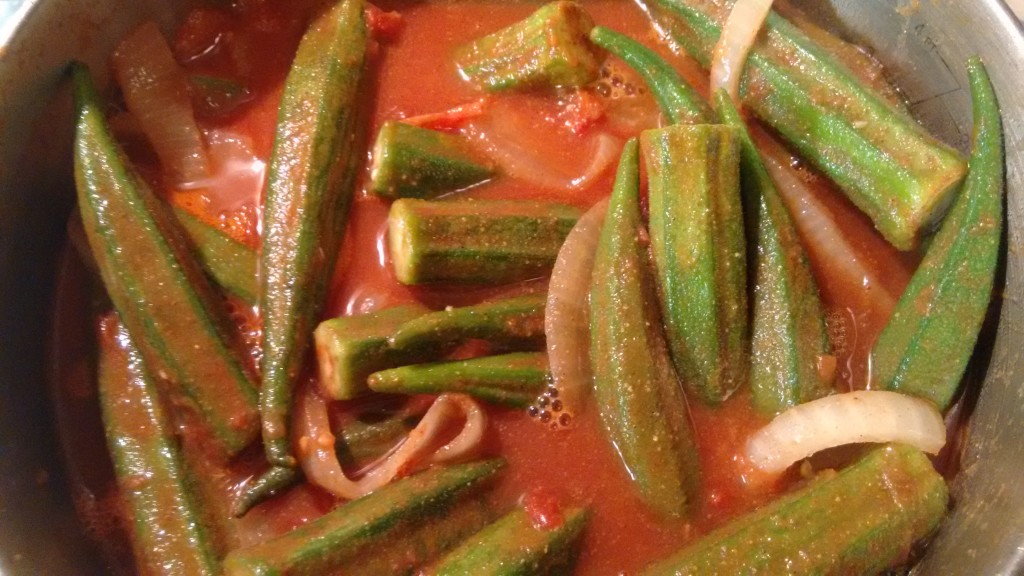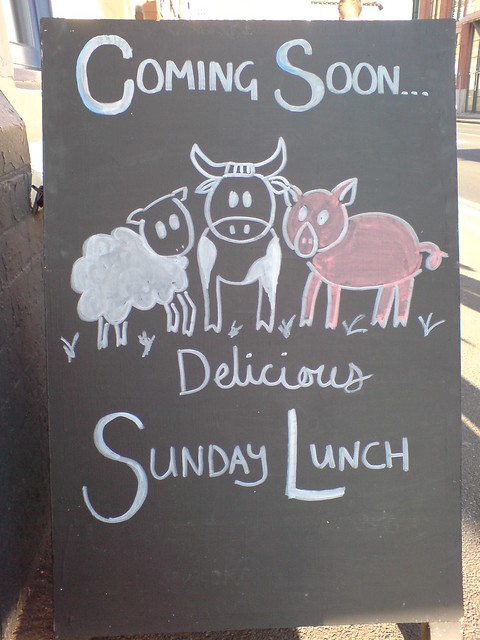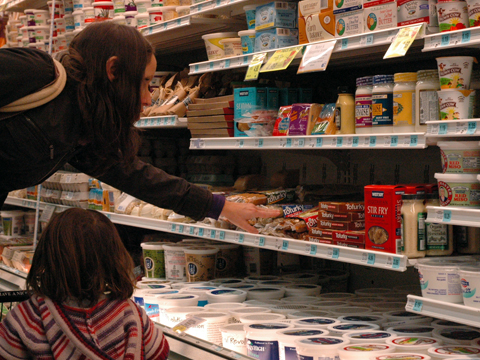
When you first go vegan, it’s easy to get tripped up by a few sneaky animal ingredients in some food and household products.
If this happens to you, don’t sweat it – it happens; if you haven’t had a reason to look for these before, how could you know? And most of these ingredients don’t even sound like they came from an animal. It can be confusing.
So here I am with a handy guide to spotting the main culprits that lurk sneakily in groceries, so you can look out for and avoid them in the future.
It has to be said that these ingredients are mostly in processed foods; so the more whole foods, plant-based we can go the better, in terms of avoiding them as much as possible.
It may seem like a hassle, always reading ingredients; but I promise you, after a few shops you will know exactly which products contain this stuff and which don’t.
It will be second nature before you know it.
Here are the devious little blighters!
Gelatin
You’ve no doubt heard of this one. Gelatin is a gelling agent used in food, photography, cosmetics, and pharmaceuticals (I’m absolutely not suggesting you stop taking any meds that contain gelatin – I’m just imparting info!). It can be derived from the skin, bones, and connective tissues of animals such as cows, pigs, horses, chickens and fish, so is thus not very vegan!
If you are cooking and the recipe requires gelatin, don’t panic! Simply use agar agar, carrageenan, or check out kosher gelatins, which are often vegan.
Lactose
Lactose is milk sugar. Though it isn’t added to many foods, it is often added to pharmaceuticals as a stabiliser. It can also be found in body care products and baby formula.
It had recently been added to the ingredients of my favourite hand cream – I am NOT amused!
Skimmed Milk Powder
I include skimmed milk powder because I got caught out with this a couple of times. It is often the last on a long list of ingredients, and so you may see the main bunch of ingredients and assume the product is vegan. It’s honestly always worth checking the end of the list to see if this stuff is included.
I got caught out with chai. Please know that there is skimmed milk powder in most powdered chai! Liquid chai however, is almost always vegan, thank goodness!
Albumin/Albumen
Albumin or albumen is a fancy name for dried egg white. It is often used in pastries, baked goods and other processed food items. It can also be used to clarify and stabilise wine.
I’m so allergic to eggs it’s super important I avoid this goop!
Casein
Casein is the protein found in milk, and is thus in all dairy products.
Believe it or not, casein can be found in products that you would think were vegan, like soy or rice cheese, so unless you see the ‘vegan’ sign on the packaging of these cheeses, DO check the ingredients.
Also, check for any ingredient that contains the word ‘casein’ like calcium caseinate. As you would guess, this contains casein.
Glycerine/Glycerin/Glycerol
This ‘sugar alcohol’ is used as a humectant, solvent, sweetener and a shelf life extender in foods. It is also found in pharmaceuticals and body care products.
This one can be confusing because it can either derive from animals OR plants.
It seems that the default ‘glycerine’ as a food ingredient is usually from an animal source – if it is of vegetable origin it will normally be specified as such. So unless it is marked ‘vegetable glycerine’, personally, I’d leave it.
Shellac
This is a resin secreted by a bug.
I remember it being an ingredient in Smarties when I was a kid. Ick! I must have eaten a whole crap-ton of it!
It’s used on fruit, candy and pharmaceutical pills, as a glaze.
Cochineal/carmine
In actual fact, carmine is the red dye used to colour lots of things including food, and comes from the dried bodies of cochineal beetles, but you may see either of these words on a product label. Whichever word you see, it means beetle!
It’s used in a ton of things including candy, confectionary, juices, ice-creams and puddings.
Tallow
I was so grossed out when I learned what tallow was. And it’s in so many things.
Tallow is fat from cows or sheep that has undergone process called rendering. Seriously, you need to read about rendering. It seems it came about as a way to monetise meat industry by-products. The job of ‘renderer’ has been deemed ‘one of the dirtiest jobs’ – I’ll say!
Anyways, tallow (I even find the word a bit sinister!) can be found in shortening, cooking oil, cake mix, biodiesel, aviation fuel (obviously this one is difficut to avoid in modern life) and as ‘sodium tallowate’ in soap.
I don’t know about you but I don’t wanna be washing my bits with animal fat!

